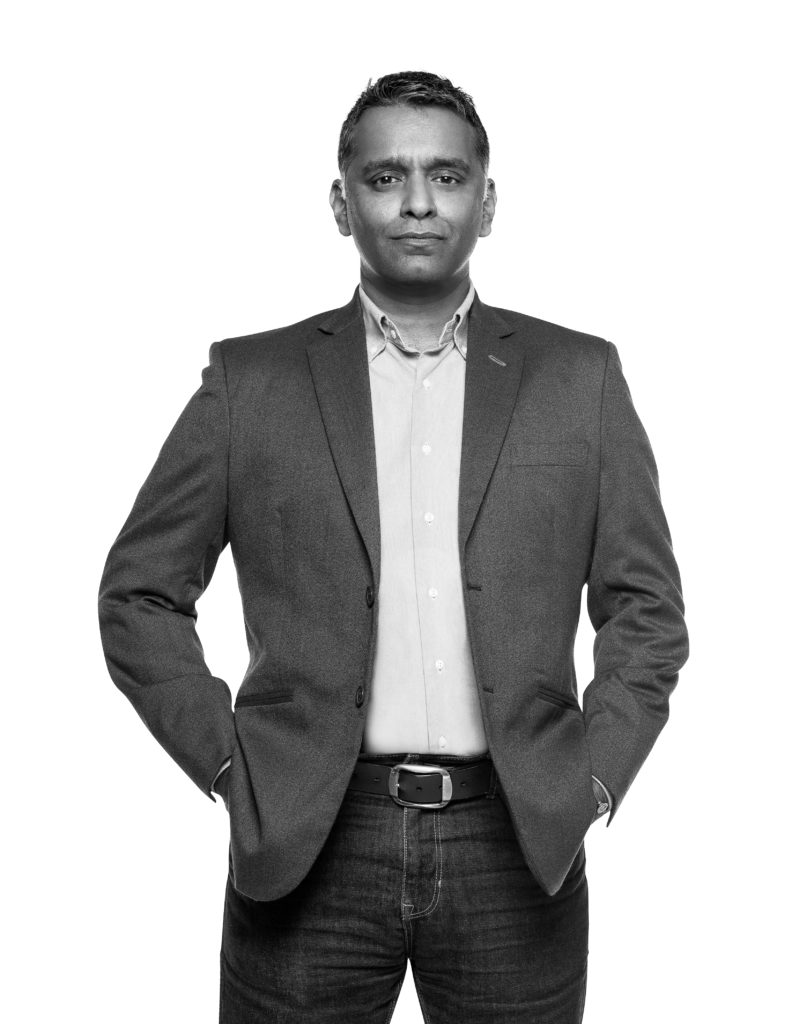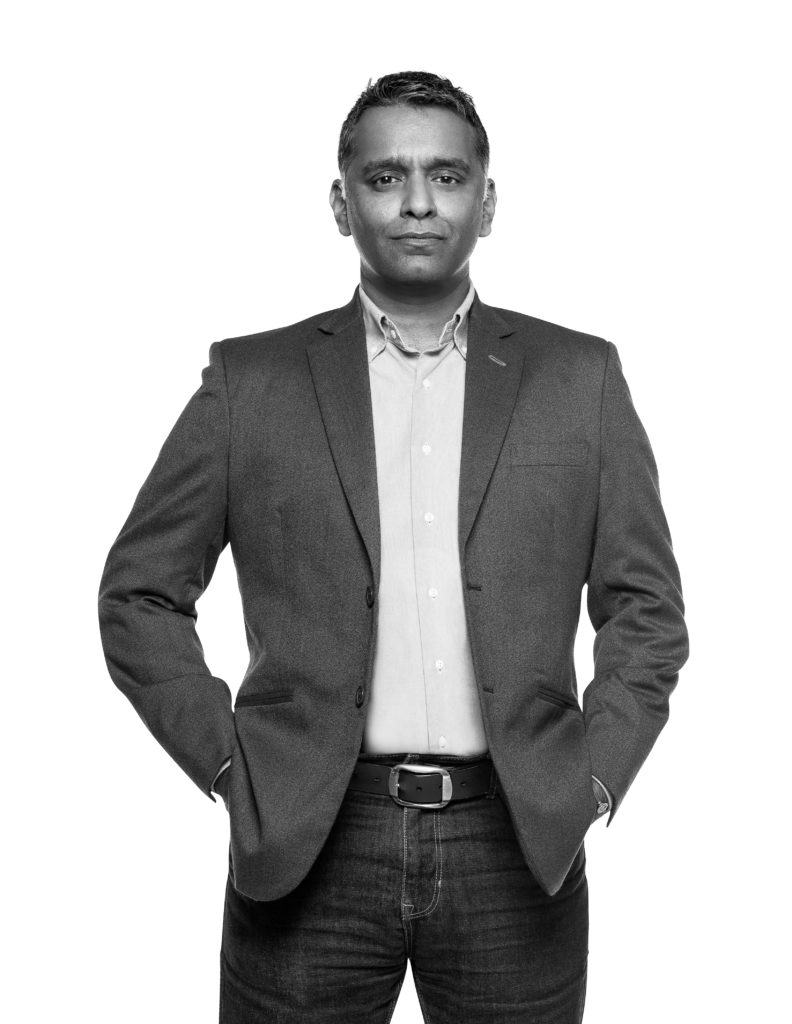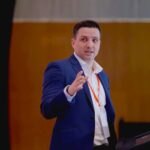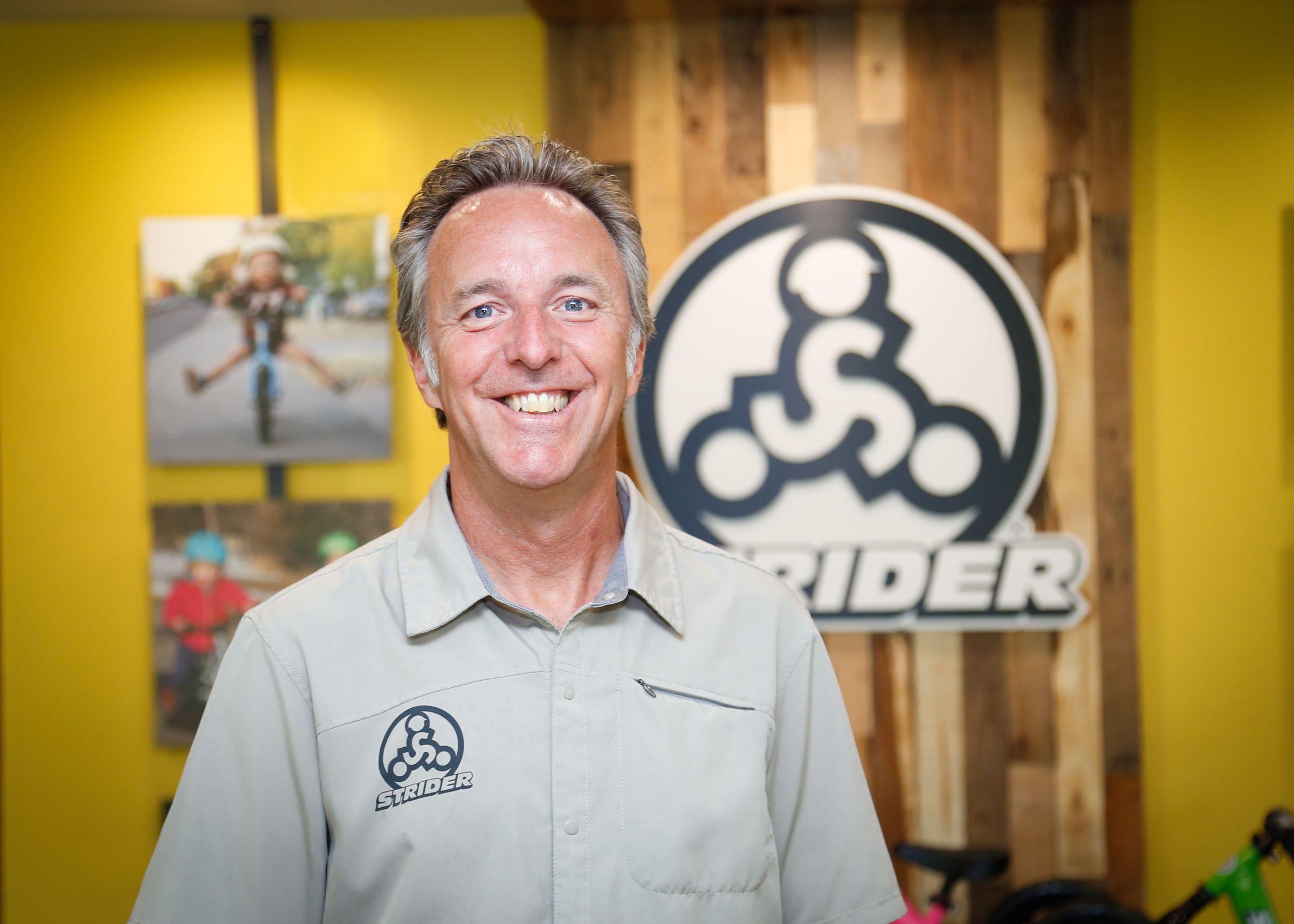Founder@ Interview
Interview with JJ Rathour

“For start-up entrepreneurs whatever their venture, you have to start by getting the basics right. Research, development, determining routes to market, raising funding, producing an MVP, demonstrating product-market-fit. Then be prepared to get knocked back and rejected, and have the strength to deal with it.” – JJ Rathour
Today we feature JJ Rathour, the founder at WondaPay. We hear their story in their own words, their successes, their challenges and their insights.
Let’s get to know each other. Could you kindly tell us a little about yourself and your work?
I’m JJ Rathour, founder and CEO of WondaPay, which is an FCA-registered online escrow payment platform for freelancers.
This interview has gotten off to a wonderful start with a great beginning. Could you kindly explain us how you got started, when you started, and what made you decide to alter your path and start?
Since graduating in Accounting and Financial management in 1996 at Sheffield University, I have wanted to realise an online peer-to-peer payment platform. In fact, the first company I registered was called WebTrans Limited.
This was at a time when there were no banking or paytech APIs and everything had to be built from scratch. After spending fifteen months on the project, I realised the development challenge was beyond me.
I was a property manager for some time, but this was not something that I particularly enjoyed. By chance, I got onto a business accelerator based in Nottingham, which changed my whole view as to how to realise a start-up idea. I learned a huge amount.
But it wasn’t until 2016 that I really began to pursue my idea of creating an online escrow for freelancers. It took until the emergence of Open Banking for me to finally start seeing results.
After some research, I purchased Depositmate and continue to work with their founding team. Whilst that service was for general escrow, we agreed to focus on a service dedicated to freelancers. We rebranded it as WondaPay. And that’s where I am today.
Thank you for providing that insight. So, could you please inform us… What does your firm do, and where is it located?
With WondaPay, freelancers can take payment for their services in advance and those funds are held in WondaPay’s secure deposit holding account. This provides a layer of trust for freelancers and their clients. Freelancers know the money has been deposited and payment will be made upon completion.
Did you know 43% of freelancers have had to write off a project? Likewise, buyers can be confident that payment will be released only on project delivery. And since payment is held on account, freelancers no longer need to chase late or non-payment as funds are paid into their account within 24 hours – and often much sooner.
Whilst I am personally based in Nottingham, our team is entirely remote – from London, Essex, Colchester and even Sweden.
What is the backstory to your success? What triggered your “aha” moment? How did you arrive to this point?
My story has been one of curiosity and failure that thankfully informed my long-held conviction in how peer-to-peer online payments could be transformative. A mantra of a relative of mine is ‘to be certain of your vision but be flexible on how to achieve it. This very powerful idea of flexibility should include making mistakes.
The particular ‘aha moment’ for me was when I found myself using freelancer marketplaces to get various pieces of work done and realising that the marketplace was taking a 30% cut of the project value.
This, in addition to the fact that freelancers are obliged to bid for the work by submitting proposals generally at the lowest cost and means that skilled professionals rarely receive the pay they’re due.
In my experience freelancers are invariably passionate specialists who want to ply their skills and be paid a fair rate in recognition of that – but it seems the marketplaces are not designed for that.
Thank you for letting me know. What has been the most important lesson you’ve learned in your life thus far?
I have a degree and a Masters, but my most expensive and valuable lesson was when I bought a busy city-centre restaurant with zero experience of having run such a business. I have spoken before about how this lack of experience caused me to massively underestimate the challenges of running the business all while being borrowed to the limit.
Against this backdrop, so confident (read naive) was I of the soundness of my ideas that I wanted to implement changes on day one. It would have been best for me to continue running the business exactly as it had been for the following 3-6 months and learn from the staff, working with suppliers, and understand trading.
But no, I very quickly floundered and had to put the restaurant on the market to rent. We then had a very experienced operator already running a number of restaurants in Nottingham take on the business.
This was the hardest lesson of my business life, rich with lessons. I am not saying I would not have had it any different – as I would do most of it differently!
A very thought-provoking question that was once asked of me was: “there might be a gap in the market, but is there a market in the gap?” This, in my opinion, is very profound and my advice to any founder is to ponder on that question when considering their new venture.
What advise would you offer to your younger self if you could go back in time?
Beware of the temptation to jump quickly onto your next big idea. A saying that I think is very apt in such a situation is that ‘the light that burns twice as bright burns half as long’. My advice therefore to my younger self would be to join a business accelerator.
The lean start-up methodology is very powerful and is based around hypothesis testing and detailed sector research about the opportunity, as well as focus groups and surveys of your prospective users so as to test those hypotheses.
Amongst the many benefits of such a structured and disciplined approach is that in a relatively short period of time with purposeful research you can determine whether there is any genuine potential in your concept.
Thankfully my circle of family and friends are never the types to doubt me, preferring the occasional constructive advice – which is well worth listening to. As an entrepreneur and start-up founder, you can often be so consumed by your business pursuit that your viewpoint can become myopic and with your team, a group-think can develop.
I am very open and receptive to those who have a contrarian opinion.
I’ve never doubted that I should have been an entrepreneur – it has always felt like something I must simply do. But it does feel like a privilege.
We’re about halfway through our interview, so now is an excellent opportunity to inquire about the operation of your company. What are the three tools that help your business function more smoothly?
Categorically, WondaPay could not operate without the use of various APIs and services.
My earliest attempts to realise a peer-to-peer online payment platform could not even get off the ground as so much of the technology would need to be custom-built at great cost.
Now, thanks to fintech APIs such as Truelayer for banking transactions, Yoti for KYC (Know your customer) and Amazon Web Service for hosting, it means systems can be deployed more quickly. We have a development team that is familiar with these various services and optimising them for WondaPay.
We are constantly monitoring what is available or new to the market that might enable us to enhance our service to our clients.
What do you realise now that you wish you had known sooner?
Don’t be seduced by the power of your idea. Someone once advised me that “people prefer to buy painkillers not vitamins”. Therefore, ask your prospective customers what their pain points are.
DO NOT, under any circumstances, seek to sell-in your concept when doing market research, do not even mention your idea – rather, listen and learn about what is bothering them. Then be honest with yourself and your team whether what your market research revealed truly aligns with your original idea or whether it needs to evolve or pivot completely.
What is your most notable or proudest achievement or moment?
In business, my proudest achievement has been to bring to market a solution that had been in my mind for 25 years. Then to have customers using it and them embracing it and being excited about the possibilities as to how WondaPay can suddenly enable them to realise new opportunities for their own respective freelancer businesses.
What are your future life objectives, and why do you want to attain them?
Whilst WondaPay is an online escrow payment platform – my team and I want it to be an empowering community for freelancers to get paid on time when providing their services anywhere in the world. We want WondaPay to provide total confidence to freelancers and buyers in a way that is financially sustainable for all.
To conclude our inspiring questions… “We feel that sharing encouraging comments might help others to be inspired.” What would you say to someone to inspire and encourage them if you could only say one nice thing to them, and why?
For start-up entrepreneurs whatever their venture, you have to start by getting the basics right.
Research, development, determining routes to market, raising funding, producing an MVP, demonstrating product-market-fit.
Then being prepared to get knocked back and rejected, and having the strength to deal with it. For all of that, it’s good to talk with other founders and learn about their experiences and them from yours.
“Thank you it has been great learning more about your founder story and WondaPay”
To learn more about WondaPay Visit https://wondapay.com/
Inspired by this story? Please share this story and other founder stories.
For more inspiring founders stories check out Founder Stories.





![[Company Name]'s Founder Stories](/wp-content/uploads/2024/10/Fonuder@-Partners-01a-150x150.png)











